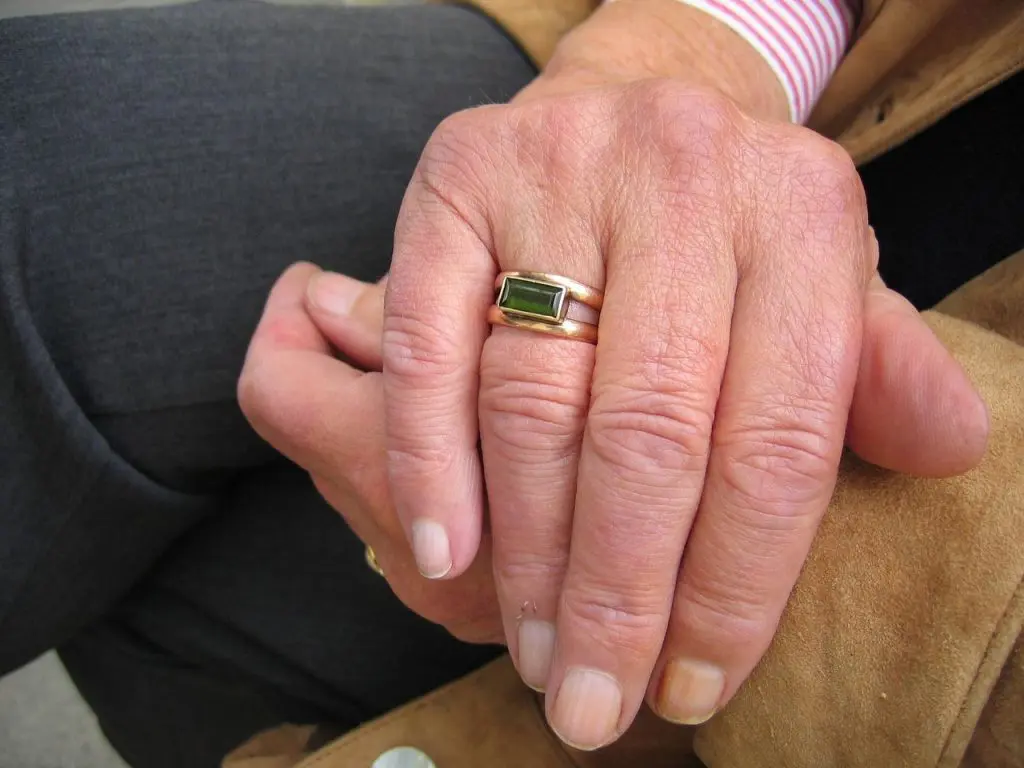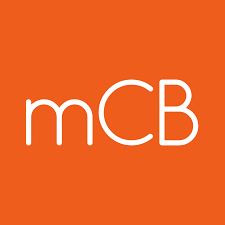5 Things to Track When Your Parent Has Home Care
- Health Basics: Track nutrition (meals eaten, swallowing issues), medication compliance, and exercise/activity levels to monitor physical wellbeing.
- Mental Health: Monitor mood patterns during different activities and times of day to identify what improves or worsens emotional state.
- Cognitive Function: Observe short-term memory, speech, decision-making skills, and social engagement to track mental decline or improvement.
Being a family caregiver presents many challenges as one starts to worry about aging parents. Most seniors want to stay living at home for as long as possible, but their children worry about whether their parents are living safely and have the necessary supports.

For remote caregivers, it may be difficult to visit regularly enough to monitor all the things that you would like to; but, if your parent has private home care, monitoring the right things becomes much easier because you can ask the paid caregiver to track and record certain information. Here are 5 key things to ask your parent’s caregiver to track.
Nutrition
One of the most common reasons to hire a caregiver is to help with grocery shopping and meal preparation. If your parent’s appetite seems to be decreasing, it might make sense to increase your awareness about what foods they eat and if they, in fact, have three meals a day. Caregivers can record what meals they made for your parent and if your parent finished the whole portion. In addition, swallowing becomes an issue with many seniors. So, ask the caregiver to observe if your parent is having difficulty swallowing, and, if so, it might be time to switch to softer foods.
Medication
Medication management is another common task that many hired caregivers are given in making sure that the senior is taking their medications on time. Missed medications can have significant effects on one’s health, and, as one’s short term memory declines, forgetting to take pills on time can occur more frequently. Having your parent’s medications packaged in blister packs makes it easy for the caregiver to check if pills have been taken when they arrive.
Exercise & Activities
Along with nutrition and medications, exercise is another key lifestyle habit that has a huge impact on one’s well-being. A caregiver can go for walks with your parent or prompt your parent to do their own exercises. From week to week, the caregiver can record what types of exercises your parent did and the duration of these exercises. In addition, the caregiver can participate in other activities with your parents such as taking them to a group exercise class, an afternoon at a museum, or a stroll in the park. Over time, as the caregiver and your parent try new things, the caregiver can record observations about your parents’ favourite activities and focus on those going forward.
Mood
Many seniors live with depression and isolation. While there are many factors that affect mood, this is something that is difficult to improve without a better understanding of what might be influencing mood and behaviour changes. Is your parent on the right medications, and can one of the side effects of those medications be affecting mood? You can ask the caregiver to track your parent’s mood at various times of the day while engaging in different activities. For example, do they seem happier when they are out of the house? Or when they are eating certain foods? Or listening to certain music? What activities make them agitated?
Cognitive Function
Having a caregiver as a companion can add social stimulation to one’s life and positively impact one’s mental well-being. Brain function increases with social interaction, so it is important to keep your parent engaged in conversation and activities. If your parent has a regular caregiver, the latter can provide observations about various elements of cognitive function week-to-week or month-to-month. Things like short-term memory, speech, vocabulary, grasp of time and dates, and decision making skills are all good things for a caregiver to track and observe.
With better tracking and monitoring, you can not only deepen the relationship you have with your parent’s caregiver but ultimately make decisions to help your parent have a higher quality of life.
